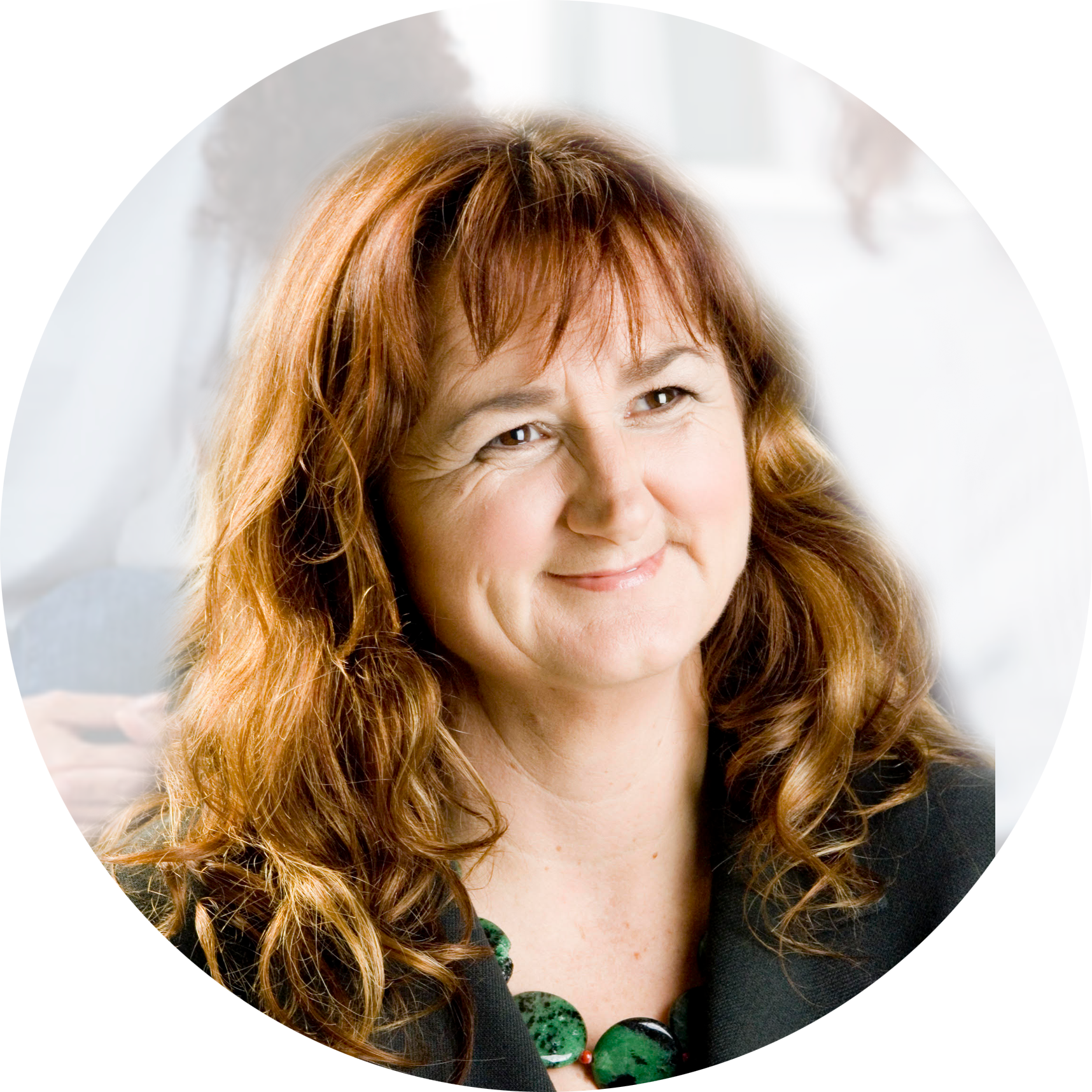Want a different way to approach difficult aspects of your life?
Want to modify how you are with others – at work, in your personal life or with the chatty negative voices in your own head?
I invite you to take part in this personal development Role Training group.

ROLE TRAINING GROUPS
What is Role Training?
Role Training evolved from the theories of Jacob Moreno, psychiatrist, educator and contemporary of Freud in 1920s Vienna. Role Training is a dynamic, interactive method that uses group enactments to assist you to develop new roles.
What is a Role?
In the Role Training world, a role is how we are in specific situation. We all have many roles that we use. Sometimes they serve us well and sometimes, they don’t! Role Training assists you to develop new roles that serve you better in any given situation.
Can you give me an example of a role?
Let’s say, you always seem to agree with other people’s ideas, even though you would really prefer to do things differently. However, you do not express your thoughts, so your ideas are never heard. Here, you have adopted the role of ‘compliant non-expressor’. Role Training helps you develop the role of ‘clear requester’, in which your preferences are clearly expressed.
What’s different about Role Training to individual therapy?
Far from the one on one interaction of individual therapy, Role Training is group based. It encourages you to adopt different roles so that you connect with group members in meaningful ways. Within the safety of the group, participants are able to express emotions and recognise shared experiences. Group members often express relief at insights developed within the group – the collective ‘light bulb’ moments that don’t always occur in one on one work.
Role Training combines the gifts of group synergy with creative methods that help you develop new roles.
About Vanesa Valentine
Alongside her work in addiction and mental health services, Vanesa has provided professional training, counselling and supervision services to private individuals, corporates, government and non-government organisations for over 15 years.
She has worked with a variety of organisations including Auckland DHB, Ngāti Whātua Orākei, Geneva Health Care, non-government organisations, Auckland Council, teaching organisations and manufacturing companies.
Vanesa draws on all her training and experience, including her previous life as an actor. Awareness of body movement is vital in helping people cope with difficult situations. Vanesa certified as a Role Trainer in 2017 with The Australian and Aotearoa New Zealand Psychodrama Association.
Vanesa has used this method for over 10 years. There is something enchanting, intimate and inclusive when a group member brings their private inner world to the group in order to explore how they can be different in the world.
Few things bring Vanesa as much pleasure as when a group member has a breakthrough. They realise they don’t need to be stuck in the same role, repeating the same negative results. It really is possible to add to and expand our roles.
Upcoming Workshop Dates
MAY
3 day workshop
May 28, 6:30 – 8:30 pm
May 29, 9:30 – 4:30 pm
May 30, 9:30 – 3:30 pm
JULY
3 day workshop – CLOSED
July 7, 6:30 – 8:30 pm
July 8, 9:30 – 4:30 pm
July 9, 9:30 – 3:30 pm
SEPTEMBER
3 day workshop
Sept 24, 6:30 – 8:30 pm
Sept 25, 9:30 – 4:30 pm
Sept 26, 9:30 – 3:30 pm
NOVEMBER
3 day workshop
Nov 12 (Friday), 18:30 – 20:30
Nov 13 (Saturday), 9:30 – 16:30
Nov 14 (Sunday), 9:30 – 15:30
COST
$225 – $325, incl GST, per workshop
($900 – $1300, incl GST, all four workshops)
sliding scale for unwaged/waged
50% non-refundable deposit required to secure your place
WHERE
9 Kotare Ave
Westmere
Auckland
HOW TO BOOK
To book your place, contact Vanesa directly by email [email protected] or phone 027 435 4699.
It is possible to attend one or all workshops.
Groups limited to 10 participants.
Priority given to those attending May sessions.
What to expect ?
- Small, intimate group setting and gentle guidance by Vanesa.
- Learn why you act the way you do. Gain a new way forward that works and feels right for you.
- No pressure to present your issue. You benefit whether you actively participate or observe someone else’s process.
- Learn more about Role Training and and how it works differently to one on one counselling or psychotherapy.

This method was totally new to me and I was very skeptical at first. However, I’ve fully developed myself being part of the group and learning and developing the skills I have.
I am more confident and feel more in control in situations I historically felt no control over.
I valued being met where I was while, at the same time, being gently (but not yawningly gently) challenged to move into new functioning.
I feel significantly less anxious when in meetings or moments of conflicting contact with others, both at work and at home.
Frequently Asked Questions
Let’s say, you always seem to agree with other people’s ideas, even though you would really prefer to do things differently. However, you do not express your thoughts, so your ideas are never heard. Here, you have adopted the role of ‘compliant non-expressor’. Role Training helps you develop the role of ‘clear requester’, in which your preferences are clearly expressed.
Far from the one on one interaction of individual therapy, Role Training is group based. It encourages you to adopt different roles so that you connect with group members in meaningful ways. Within the safety of the group, participants are able to express emotions and recognise shared experiences. Group members often express relief at insights developed within the group – the collective ‘light bulb’ moments that don’t always occur in one on one work.
Role Training combines the gifts of group synergy with creative methods that help you develop new roles.
Why change roles? If others stay the same, then I’m stuck in the same situation!
You are right. We can’t change other people. However, when we change the role we are using, others tend to adapt the role they are inhabiting in response.
Role Training evolved from Jacob Moreno’s theories of psychodrama that were developed in the 1940s. Later, Max Clayton came up with the Role Training method which uses aspects of the psychodrama method to assist people to develop new roles.
Role Training is a subset of psychodrama. If you were to do a psychodrama there may well be a Role Training session contained within it.
Psychodrama was invented by J.L Moreno in the 1940’s and Role Training was created by Max Clayton in the 1970’s.
Role Training focuses on a role you want to develop, whereas a psychodrama may involve exploring your whole family system. Role Training sessions tend to be shorter in duration, so suit working in organisations where the work often has time constraints, and needs to be contained to developing roles for professional development (as opposed to a long psychodrama). At times, there can be a crossover. Just as there may be a Role Training session within a psychodrama, there may be a psychodrama that is required as a result of a Role Training.
People often wonder this – probably because psychodrama has the word ‘drama’ in it.
The answer to this question is ‘no’. In fact, speaking from having been a performer myself, being an actor is a disadvantage. The reason is that when you take on a role in someone’s Role Training session, you are presenting back to them the essence (feeling or ‘feeling-essence’) of what they put forward. An ‘actorly’ presentation wouldn’t feel accurate or real to them. It would not help them to feel their way differently into a situation, which is often private and tender. Perfect acting is not what’s required here.
The great thing about taking on a role for someone is that there is no such thing as getting it wrong. If it doesn’t feel right for the person, they will show you a new way or, as the group leader, I will gently coach you.
Vanesa explains ‘Role Training’
Let’s Work Together
For more information, fill in the form below. We will get back to you as soon as possible.

